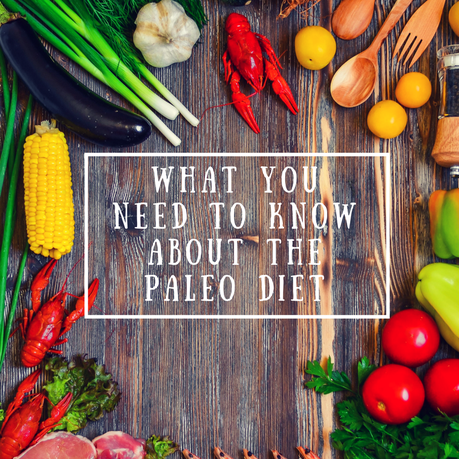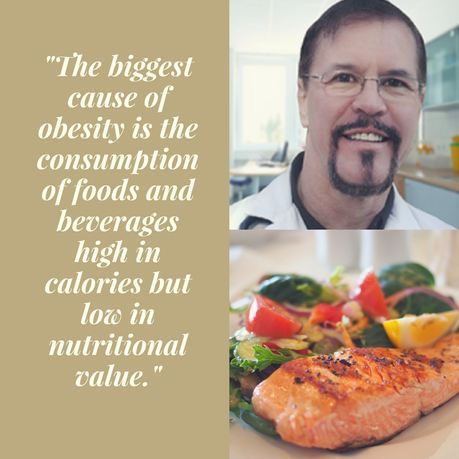
With all of the fad diets getting hyped up by the media, it can be challenging to figure out which one is actually the best. The human body performs at its best with a diet of natural foods, so simpler menus such as the Paleo diet tend to be better for our health. We recently sat down with Paleo diet expert Dr. Lane Sebring to learn more about this popular approach.
1. Give us an overview of your background and how you got started with Paleo.
I am trained in traditional medicine, receiving a BA in biology from the University of Texas and an MD from the Galveston branch of the same institution. I also completed a year-long residency at the University of Texas's Health Science Center, during which I gained a reputation for questioning traditional medical treatments more than the average resident.
I was interested in alternative treatment methods early on in my career, but I did not discover the Paleo diet until I heard Loren Cordain talk about it at the 1997 Boulder Fest conference. It immediately "clicked" for me, and I incorporated it into my private practice immediately afterward.

2. What Is the Paleo Diet?
The Paleo diet is a simple diet based on the foods cavemen ate 2.5 million years ago before agriculture was invented. It consists of lean meats derived from the wild, nuts, fish, eggs, and uncultivated plant life such as fruits, vegetables, roots, and tubers. It explicitly excludes processed oils and grains, refined sugars, salt, and dairy products. I believe that the Paleo diet is what humans are supposed to eat. It offers a myriad of health benefits for those willing to give up the poisons found on modern tables.
3. Why Do You Believe the Paleo Diet Has Become So Popular?
People are always interested in what works, and the Paleo Diet works! There are numerous health benefits to the Paleo Diet, including improved weight management, diabetes control, and better cardiovascular health.
The biggest cause of obesity is the consumption of foods and beverages high in calories but low in nutritional value. These foodstuffs are largely excluded from a Paleo Diet, making it easier to maintain a healthy weight when combined with regular exercise. The diet is also rich in water and fiber, helping you feel sated longer than someone eating more processed meals.
Cardiovascular diseases are largely the result of eating an unhealthy, unnatural diet. Paleo solves both problems, reducing the chance for patients to develop these conditions while also helping to manage ailments already in place. Numerous clinical studies have been conducted supporting these claims, including a study published by Harvard Medical School concluding that diets rich in legumes and whole grains significantly reduce the risk of cardiovascular disease.
The European Journal of Clinical Nutrition also published a study suggesting that diabetes patients receive numerous benefits from the Paleo lifestyle, including improved glucose tolerance and lower blood pressure readings.
4. What Are Some Of Your Favorite Paleo Recipes?
I regularly feature my favorite Paleo recipes on my personal website, DrLaneSebring.com. The most recent post details three delicious summer salads (Chinese Chicken Salad, Blood Orange Fennel Salad, and Balsamic Green Bean Salad) that take advantage of fresh summer ingredients. There is a full archive available, ensuring that you can find an ideal recipe for every time of year.
5. How Can People Stay Up To Date With You And The Paleo Diet?
In addition to my website above, you can connect with me on social media platforms such as Facebook and Twitter. I regularly post about the benefits of the Paleo Diet as I discover them, so it's a great place to keep informed.
**

